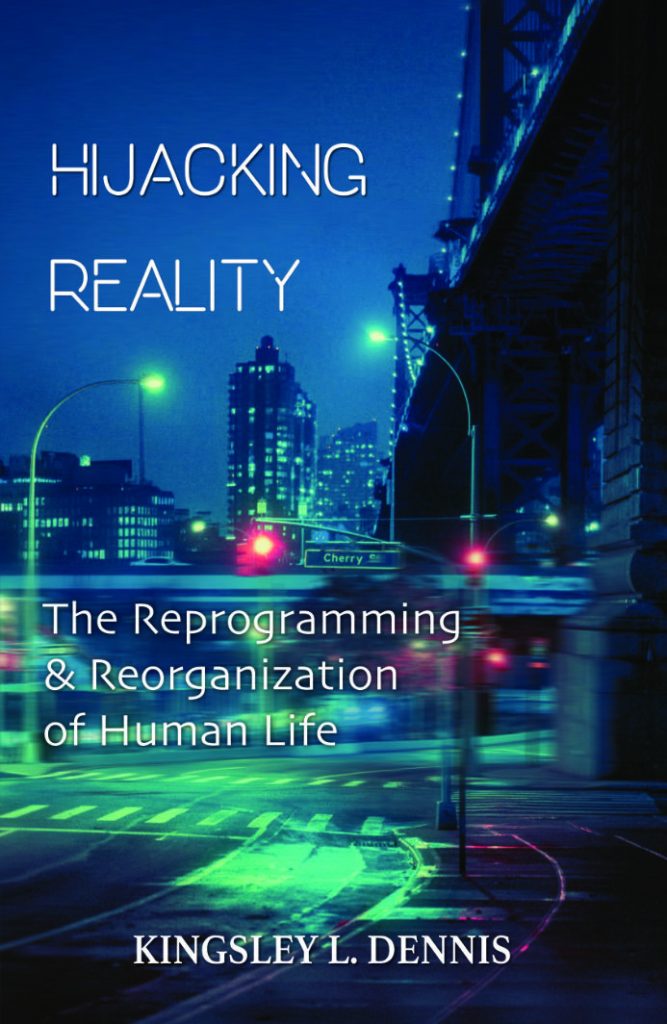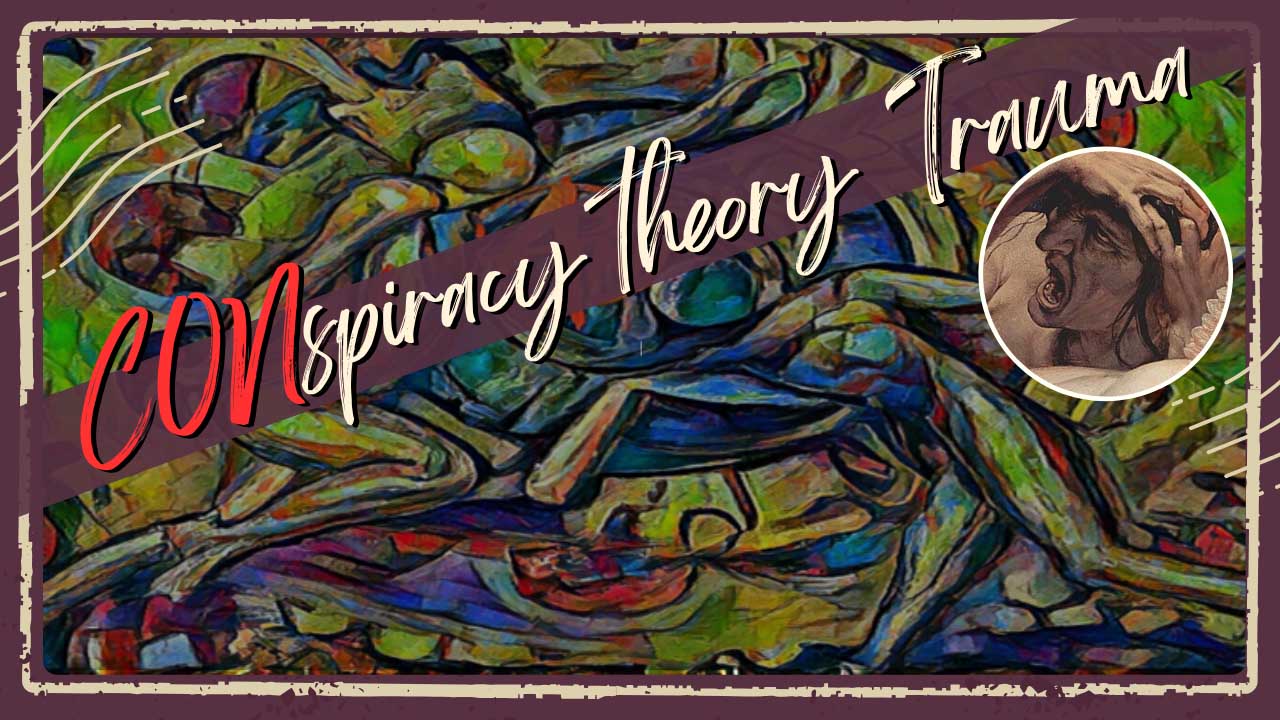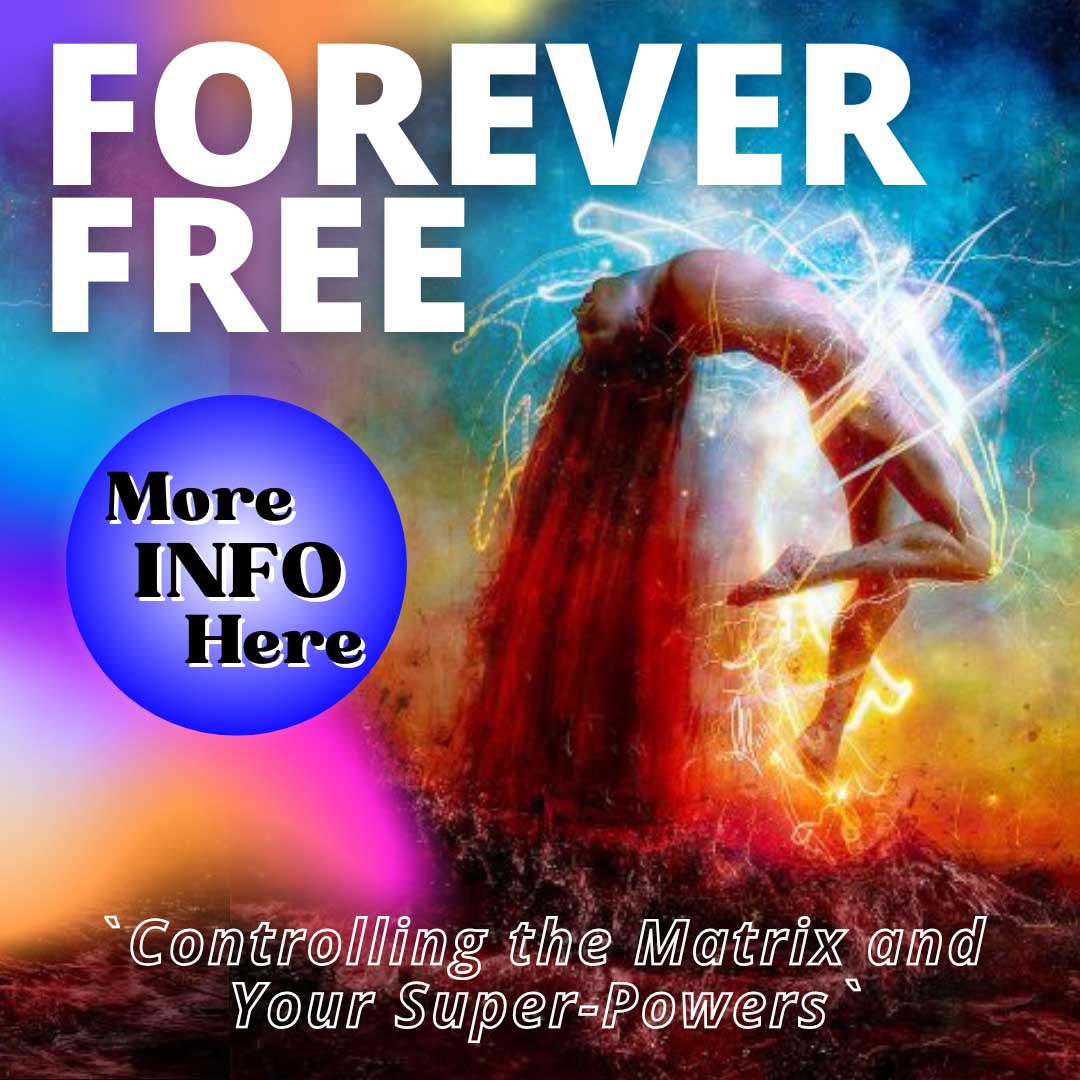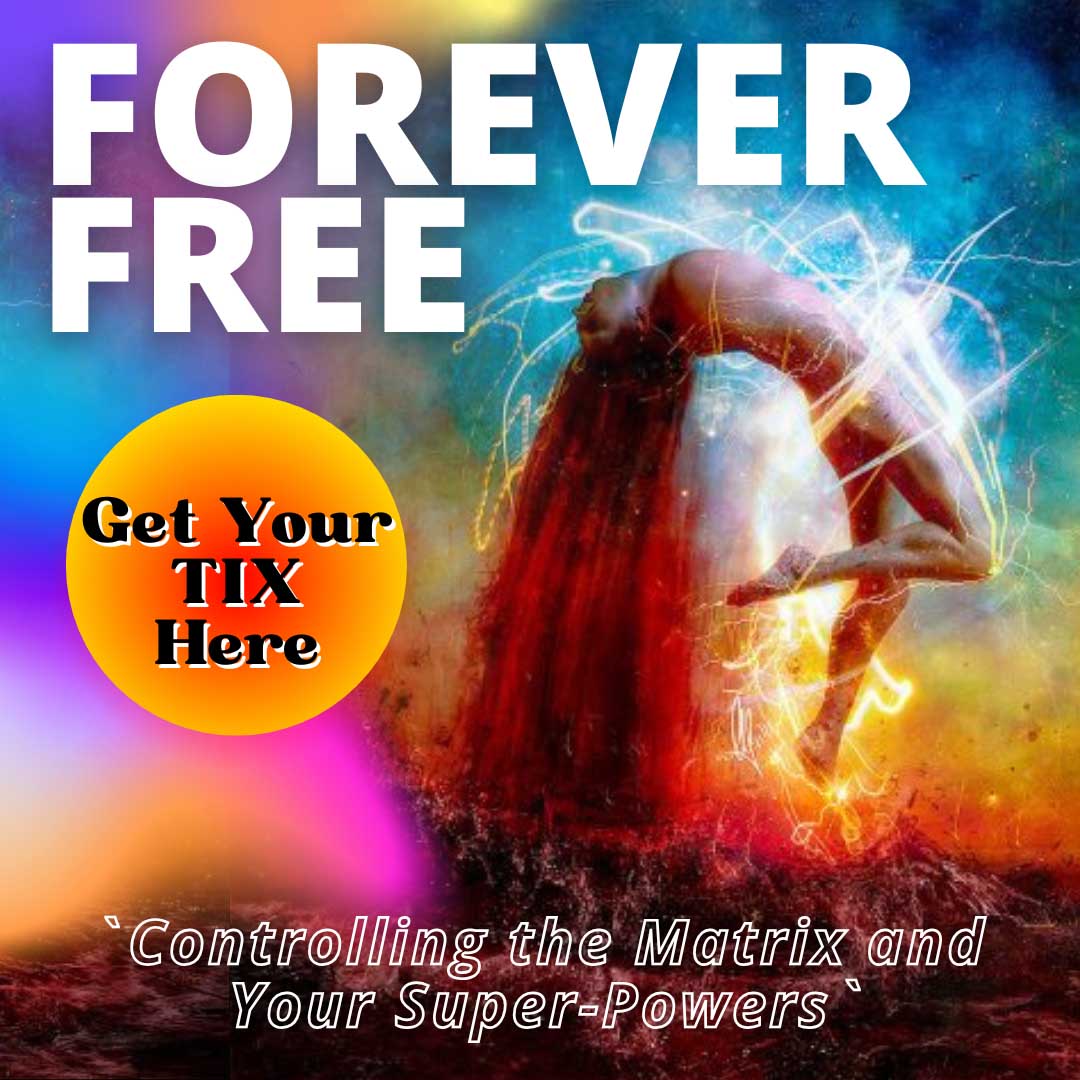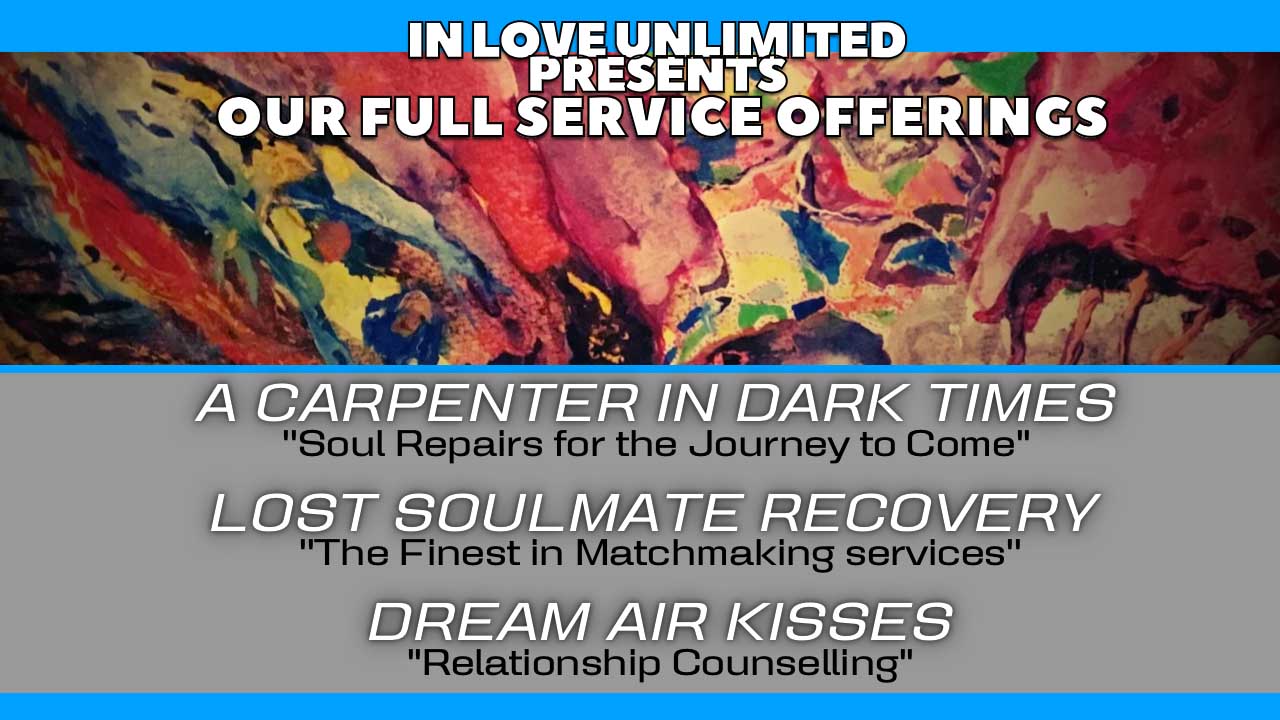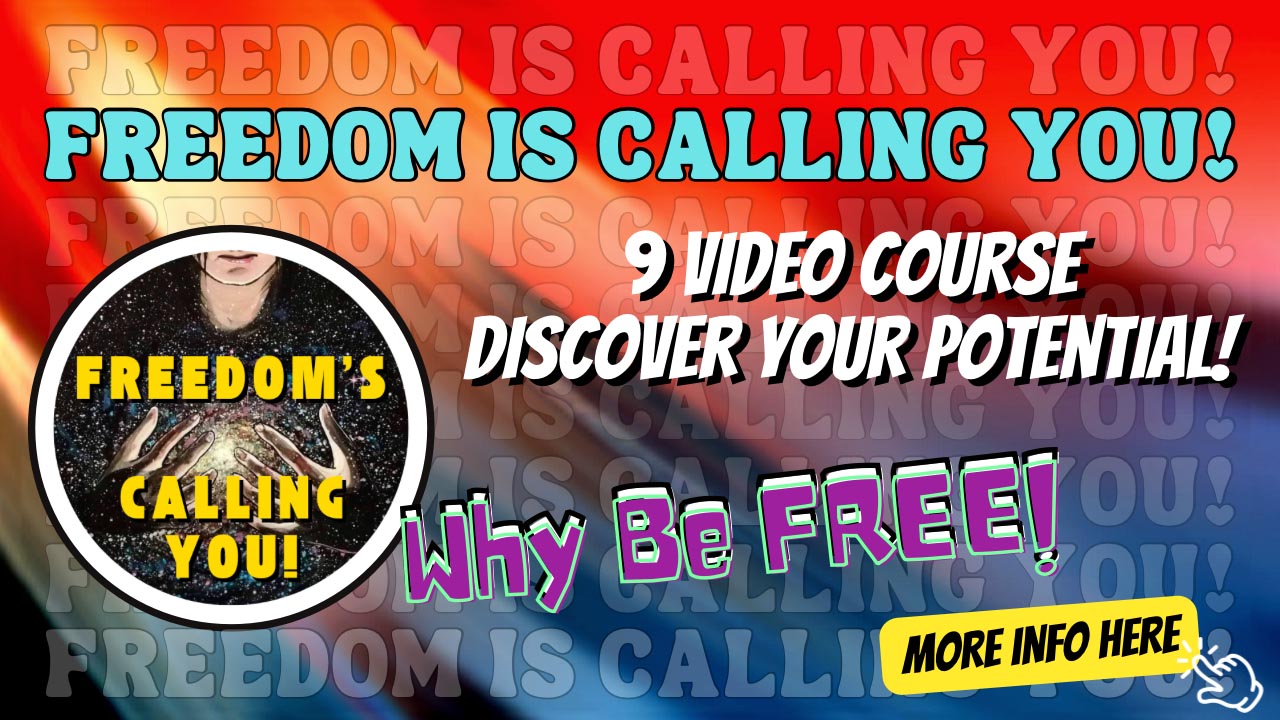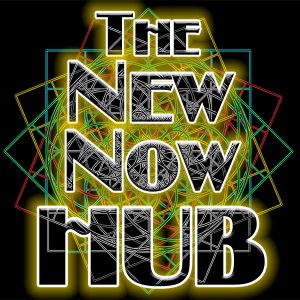By Kingsley L. Dennis
‘A sincere reflection on human behavior is enough to convince us that the power of choice plays much less part in the life of man than we think.’
J.G. Bennett
We are familiar with the concept that a person has no real choice, and we generally regard this in relation to our commercial choices. That is, what we choose to buy is generally a decision based on a selection of limited choice. This has also been referred to as ‘curated needs.’ What we think or believe we want, or need, is conditioned into us – or ‘curated’ – so that we are merely responding to managed external stimuli to acquire certain goods. Whilst this is valid, and is indeed an operative modality, it remains within the material realm. In the opening citation, the thinker and author J.G. Bennett was referring to a form of choice beyond that of a material one. He was relating to the lack of choice within the inner world of the human being – that is, the presence of human will. Bennett was speaking and writing from the 1940s to the 1970s, yet what he said then is as relevant for today as he was not speaking about things that are relative to historical time or place but to an almost timeless situation – the human condition. The lack of genuine inner will of the human being has been made starker in modern times due to the lens of psychology and similar sciences. Professor Mattias Desmet has recently popularized the concept of mass formation and false solidarity, which refer to how crowd psychology is established and sustained.[i] In his recent book (The Psychology of Totalitarianism), Desmet points out that what we call totalitarianism has only been with us for the past 120 years, since the beginning of the twentieth century. Two previous examples that he gives are the Stalinist regime that came to power on the back of the Russian Revolution, and the National Socialist (Nazi) regime in Germany. Most recently, he says, the world is experiencing the rise of a global form of totalitarianism under the guise, or ideology, of technocracy. The one thing that totalitarianism has in common is that it is based on ideology rather than brute power. Further, that the populace is persuaded (or programmed) into abeyance through propaganda and social-cultural conditioning, rather than forced through fear (as is the case with dictatorships). The mass formation of willing obedience is a symbol for our times. With the availability of global communications, a largely digitally ‘plugged-in’ world population, the widespread influence of controlled media, and the pervasive presence of mind-influencing technologies, the human species has never been in a more pressing moment in its collective history.
Modern day humanity may not only be suffering from a lack of genuine choice; more importantly, it may be experiencing the dilemma of a lack of connection with internal will power. It is this dominant state of the human psyche – we may even go so far as to call it a widespread psychosis – that lies at the root of much of our present ills with its sense of apathy and pessimism. Some readers will be familiar with German philosopher Friedrich Nietzsche’s concept of the will to power; lesser known is the English philosopher Colin Wilson and his notion of the will to perceive. For Wilson, the question of freedom and choice is not a social problem – it is an internal one for it requires an ‘intensity of will.’[ii] In other words, it is a personal struggle to achieve a form of self-awakening, or triggering, to arouse oneself from the torpidity and apathy of life. The issue is that for most people they don’t consider the fragility of life’s situation. The general masses, at least in the western world, consider themselves to be already free. They exist within the belief structure that they are protected and looked after by their governments and social institutions and that, give or take a few things, they have most essential needs provided for. Such people, I would posit, live on the outside of themselves – they are skin-dwellers. They live through their personalities and are most likely to adhere to mass consensus narratives. They are to be swayed by the roller-coaster ride of external events and react as anticipated by the governing elites who manipulate finances, food supply, energy supply, and more. This mass of people will only recognize the loss of freedom when it is threatened in relation to external events. It is a manufactured sense of freedom for once the threat has vanished – or seemingly made to vanish – then the meaning of freedom dissipates for the danger is no longer perceived. That is, it is an exterior crisis or danger that triggers people into action and as the perceived threat fades, they slip back once again into apathy and mass obedience. There is a lack of internal stimulation.
The stimulation of the human will requires that a person has the will to acquire insight. This they must choose for themselves, for no other agency shall give it to them. On the contrary, many social systems are designed to deteriorate a person’s will by compelling them to give away their dependency and authority onto external systems. Consistency, commitment, and the intention to will, are human aspects severely undermined by the deliberate constraint of material structures and social systems. Such critical observations and the power of intention are also being increasingly undermined by the rise of what I would call ‘lazy spirituality.’ This is the type of Instagram positive thinking or commercial well-beingness that online ‘spiritual celebrities’ are all too eager to promote (and sell). Behind such on-demand spiritual well-being-positive-thinking packages is a passivity or laziness to critically engage in inner work and to gain perceptive cognition to recognize the fallacy inherent within the material domain. It is one thing to be positively-orientated and having ‘oneness’ for all creation; it is another matter to have the perceptive capacity to recognize that there are forces in play in the world that are active in nullifying metaphysical values and realities in order to replace them with an ever-deepening materialism. It would seem that there is an increasing form of cultural laziness and indecision, especially in this current time when people chiefly wish for things to be made easy for them. Instead of a person having faith and hope that they can change by making real effort, they are usually entertained with illusions that then take away from them the impulse to make any real change within themselves. In today’s world, a person who seeks to develop inner awareness and to raise their perceptive capacity often find themselves at odds with their cultural milieu. Those with ‘spiritual seriousness,’ so to say, are what Colin Wilson referred to as the Outsider.[iii] Such individuals have an intangible need to be more than just a ‘happy, well-fed animal.’ Again, Wilson referred to this state as being that of the robot; he said that we all have a robot within us that is eager to come out and take over all our daily duties for us. The Greek-Armenian mystic G.I. Gurdjieff called this the state of the ‘man machine.’ I have referred to this as the robosapien.[iv]
Within such automated states the individual experiences the world through a narrowed lens of awareness. Wilson, for example, recognized that such limited awareness almost lulled a person into a ‘state of permanent drowsiness, like being half-anesthetized’ so that a broader vision of life is restricted. And this is how what we call ordinary, everyday life affects us. Whether it be through external impacts, stimulants, distractions, information, technological entanglement, energetic haze, and more, the environment of everyday life pacifies us by closing down our perceptual horizons. In response to this, Colin Wilson noted that ‘it is as impossible to exercise freedom in an unreal world as it is to jump while you are falling.’[v] Freedom is not only related to physical mobility and access to human rights; it is also a question of an inner ‘intensity of mind’ that can pull a person out of the collective of mass formation (as Desmet would call it). The modern life can be regarded as a cause of spiritual decay because it seeks to demolish any recognition of a metaphysical reality. And through this, many people are unknowingly suffering a form of ‘reality deficiency.’ There have been people who, over the years, have strived to point this out to us, from wisdom teachers, mystics, and philosophers (like Colin Wilson). This deficiency prevents people from receiving inner nourishment; over time, this acts to deprive human cognition by literally starving it of nutrients (perception). We are in a time right now of great ‘reality deficiency’ as the dominant consensus narratives peddle their lies, manipulations, and programming.
Each age has its own form of reality and/or metaphysical suppression, from the physically overt (Spanish Inquisition) to the covert (technocracy). Within each specific era, there are calculated forces that act to impinge upon the individuals’ own evolutionary drive toward not only self-attainment but, more importantly, a connection with a transcendental impulse (what some may call as Source). The historian Arnold Toynbee believed that civilizations (and its individuals) progress by overcoming struggles; by moving through ‘challenge points,’ so to speak. If the crisis is too great, the civilization succumbs and collapses. If the challenge is not great enough, the civilization overcomes and becomes complacent, slides into greater decadence and eventually collapses. The challenge must be just right – the ‘Goldilocks’ zone, as Gary Lachman calls it. Challenges bring out the best in individuals too, yet they must be able to grow and develop through the crisis – and this is often down to an inner will or drive. Toynbee believed that a civilization needs to produce a ‘creative minority’ to meet such a challenge of its time. It would seem that we are amidst such a ‘challenge point’ right now; and it is not only a physical crisis but also an existential one. I would go further and suggest that human civilization cannot survive indefinitely without some inborn sense of a transcendental purpose – otherwise it is like a hollow shell that becomes increasingly brittle over time. British philosopher and historian Nicholas Hagger, whose monumental work The Fire and the Stones examines the sacred impulse (the ‘Fire/Light’) within twenty-five civilizations, likewise has shown how civilizations are inspired by the transcendental impulse and decay when such an impulse is forgotten or dismissed.[vi]
What is required is for us, our communities and cultures, to become more conscious of our participation in reality. Further, that what we take to be reality is a merger between the physical and the metaphysical. As such, humanity is a being ‘of spirit’ that is manifesting through the intermediary of a physical body. To take this even further, we need to come to recognize that all existence is consciousness primarily, and that physical phenomena is an energetic state that manifests from a source of consciousness. What is required of humanity to survive beyond this existential crisis and challenge point is to become more conscious. Is this possible? Colin Wilson was not so sure. Wilson believed, and stated as such, that the majority of people cannot accept the burden of becoming more conscious. He felt that the ‘masses’ were both consciously and subconsciously choosing the more comfortable ‘mediocracy of life.’ I would even question what this term means any more – what is the ‘mediocracy of life’ when we can no longer be sure what reality is? Abstractions have now replaced realities to create an enveloping world of pseudo-reality and a ‘theatre of the absurd.’ As I talked about in my book Bardo Times,[vii] life has become a simulation – a simulacra as the French theorist Jean Baudrillard would say – and the notion of what is ‘real’ appears to have dissolved into what is the latest consensus narrative. What is important to acknowledge in these challenging times is that as the chaos whirls around us, humanity stands on the threshold of a higher form of life.
This is the other point that perceptive individuals have been attempting to point out to us (not least of them has been the Indian sage Sri Aurobindo). And this threshold becomes more apparent and urgent whenever a civilization begins either its decline or its necessary transition to a different epoch and modality. This is the challenge that civilization must face – either to raise/adjust its level of consciousness and perceptive capacity or stagnate and then collapse. Human civilization necessarily reflects the state of perception of its inhabitants. As that indwelling perception expands, so too does the physical environment develop in alignment. If perceptive capacity is restricted or even being deliberately reduced, as is the case right now, then entropic or atrophying forces begin to dominate. This is why we must resist, at great effort, to submit to a programming of conformity and perceptive limitation that is likely to come about through increased technocratic forms of social management and control. This is where Colin Wilson’s notion of the will to perceive comes in. Due to the external environment, human consciousness is generally conditioned into a dulled state so that higher insights or perceptions are not ‘allowed’ to get through. We need to seek to ‘widen’ (expand) our consciousness beyond such limiting influences so that greater perceptive insights can be achieved. Most people, however, are reflections of their surroundings and, as such, require external inputs to motivate or trigger them into action. Chaos and crises can function as such triggering impacts. The ‘will to perceive’ also activates a will to purpose. Behind the human developmental impulse there is a push, I would say, to increase our intentionality. Without the ‘will to purpose’ there is a lack of conscious participation. It is the will to purpose that distinguishes the human being from the machine – the ‘robosapien.’ Modern life, with its technocratic pull, is encouraging people not to think but to allow automation to take over duties and responsibilities. On the contrary, we need to be ‘pulling ourselves up by the bootstraps’ and intentionally driving ourselves across the threshold. What could this threshold be?
Humanity is moving towards a stage in its evolutionary path whereby it becomes cognizant of its role as a fusion (a bridge or merger) between spirit/consciousness and physicality/matter. We are, in these times, the forward ground crew sent ahead to prepare the groundwork. Sometime in the future – it could be ten, twenty, thirty years or more – human understanding and the sciences will come to recognize the primary role of consciousness behind all existence. And when this occurs, human life will alter drastically. We shall understand that human existence is a merging of non-physical intelligence with physical forces. The very notion of life and reality will be greatly expanded beyond current conceptions. We shall be propelled beyond the confines of the physical robot – the robosapien – and shall utilize presently unknown organs of perception. But we are not at that threshold yet. And this is partly why we are seeing a contestation of forces in play. There are forces that do not wish for humanity to reach, and pass, this threshold for we shall then no longer be their passive robots to manage and control. The present control hierarchies will be demolished. And there is a small contingency that wish to cut humanity off from this transcendental impulse, to isolate us from receiving such developmental forces, and to push us back into our perceptual prisons of the ‘everyday mundane.’ Such forces aim to increase the programming and technologies of cognitive influence to hypnotize the mass of humanity into accepting an ‘upside-down’ reality that the robosapien seems the most suited to. Our will to purpose now is about having the inner drive and intentionality to move us beyond this current predicament and modern state of alienation, and forward into a state of heightened cognition and expanded perceptual awareness.
It is my view that the ‘teething pains’ that we are presently experiencing represent the birthing, or arrival, of a new form of consciousness coming to manifestation through the human species. That is, a mergence with an expanded field of consciousness. And for this to emerge, the individual is called upon to ‘meet it’ halfway, so to speak. Social forces will attempt to continue to hold back the individual by mental, emotional, and physical/biological interventions. And yet, against these artificial constrictions, I am confident that if enough of us (we don’t need to be a majority) can strive for cognitive freedom, perceptive clarity, and inner awareness, we can become the early wave – the evolutionary outsider – to make the initial steps across the threshold. Just enough of us need to act as the ‘antennae of the race’[viii] to pass the baton onto our descendants. And that, I would say, gives us enough reason to activate our will to purpose.
[i] See my previous essay: ‘The Establishment of Mass Psychology & False Solidarity’ – https://kingsleydennis.com/the-establishment-of-mass-psychology-false-solidarity/
[ii] For an in-depth study of Wilson’s life and thought, I would recommend the excellent biography by Gary Lachman – Beyond the Robot: The Life and Work of Colin Wilson (2016)
[iii] See Colin Wilson’s book The Outsider (originally published in 1956)
[iv] See my book Hijacking Reality: The Reprogramming and Reorganization of Human Life(2021)
[v] Wilson, Colin (1982) The Outsider. Los Angeles: Jeremy P. Tarcher, p39
[vi] Hagger, Nicholas (1991) The Fire and the Stones. Dorset: Element Books.
[vii] Bardo Times: hyperreality, high-velocity, simulation, automation, mutation – a hoax? (2018)
[viii] A phrase coined by the poet Ezra Pound.
Copyright 2016 Kingsley L. Dennis | All Rights Reserved |






